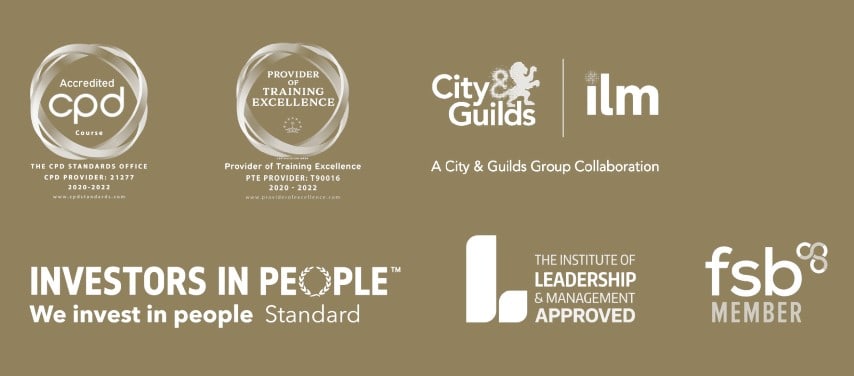
The saying ‘You never get a second chance to make a first impression’, is never more true than when it comes job interviews.
Most people would agree that job interviews can be nerve-wrecking. Sitting in front of a person or group of people you desperately want to impress is guaranteed to fill many of us with fear and anxiety.
The best way to prevent your nerves from getting the better of you is to be well prepared. An interview is your opportunity to shine and prove that you are the best candidate for the job. This means not only ensuring that you can confidently back up all those impressive claims on your CV, but also presenting yourself as calm, collected and assured.
In an interview situation you have 30 seconds or less to make a strong first impression. We all have bad habits that can negatively impact how people see us, such as playing with our hair or biting our nails. Becoming aware of these, often subconscious, habits is key to eliminating them and increasing your chances of success.
Do you play with your hair, bite your nails or tap your feet when you are nervous? For most of us, an interview is an uncomfortable situation where you are put under the spotlight and judged by strangers. This discomfort is likely to bring forth all your nervous habits that you want to suppress in order to impress the interviewer.
If you feel the urge to fidget, try interlacing your fingers and placing your hands in your lap while you are listening to the interviewer. If you have long hair, keep it tied back to lessen the temptation to play with it. Avoid caffeine and sugar before the interview as they will stimulate the nervous system and raise your anxiety levels.
While there is no need to plaster a huge grin on your face, smiling helps you come across as friendly and relaxed. You definitely want to smile when you are first introduced to the interviewer and when you say goodbye.
It is important to strike the right balance as smiling too much can make it look like you are not taking the interview seriously. Smile when you are talking about subjects that you are passionate about and if the interviewer makes a humorous or light-hearted remark. The rest of the time you should arrange your facial features into a pleasant, alert-looking expression.
Your non verbal communication plays a big part in how you come across at an interview. Looking the interviewer in the eye sends the message that you are confident, self-assured and respectful.
However, this does not mean that you should stare fixedly at the interviewer throughout the process. Try to think of the kind of eye contact you would make when chatting with a close friend or family. For instance, it would seem natural to look away briefly if you have to pause to think about your answer. Then reconnect strongly as you begin to speak.
Make sure that you maintain eye contact when making a key point about your experience, achievements or particular strengths that you can bring to the role. These are the key points that you really want the interviewer to remember later, so think of appearing sincere and passionate.
Make an effort to sit up straight in your chair during the interview, with your shoulders back and your feet on the floor. Position the chair directly opposite the interviewer so that you don’t need to twist to make eye contact. If you are worried about your posture, practice sitting in front of a mirror at home and replicate this position at the interview.
Slouching or leaning to one side sends the message that you are disinterested in the job or not focused on the interview process. Leaning forward slightly will make you look interested and keen but be careful not too overdo it.
Practice makes perfect so make sure that you fine-tune your handshake with friends and family prior to the interview. When you are nervous it is easy to rush through the introductions but taking the tine to connect with the interviewer will ensure that you set the right tone from the start.
Your handshake should be firm, but not bone-crushingly so, and last for two or three ‘pumps’. Make sure that you connect web to web with the other person’s hand. If you only offer your fingers, the result will be a weak, limp handshake – otherwise known as the ‘dead fish’. Make eye contact throughout, smile briefly and introduce yourself by clearly stating your name.
Share This Page, Choose Your Platform
New Release
Crushing Etiquette
"Excellent book, extremely well written and top content, very informative and relevant to all in all walks of life and business and professionals globally that want to advance in their careers and businesses at any stage and increase their professional impact and potential."
R G Goodier
New Release
Around the World
with Etiquette
This expert-written handbook distills essential country-by-country etiquette – from table manners and business protocols to wedding customs – so travellers, expats, and global professionals can avoid faux pas and make a polished impression abroad.
The British School of Excellence is the #1 industry leading organisation in etiquette, manners, life skills and service training.
The British School of Excellence is a certified Disability Confident Employer.
We believe that we are the best at what we do, but don’t just take our word for it – see the reviews of our courses at the independent review site Coursecheck.
Become a part of the BSE community to keep up to date with our courses, articles and news. Become a better, more confident and professional you!



Strewn with real-life stories, fun facts, playful wordsmithing and engaging rhetoric, this handbook will take you from the dining table to the boardroom table and even beyond borders.